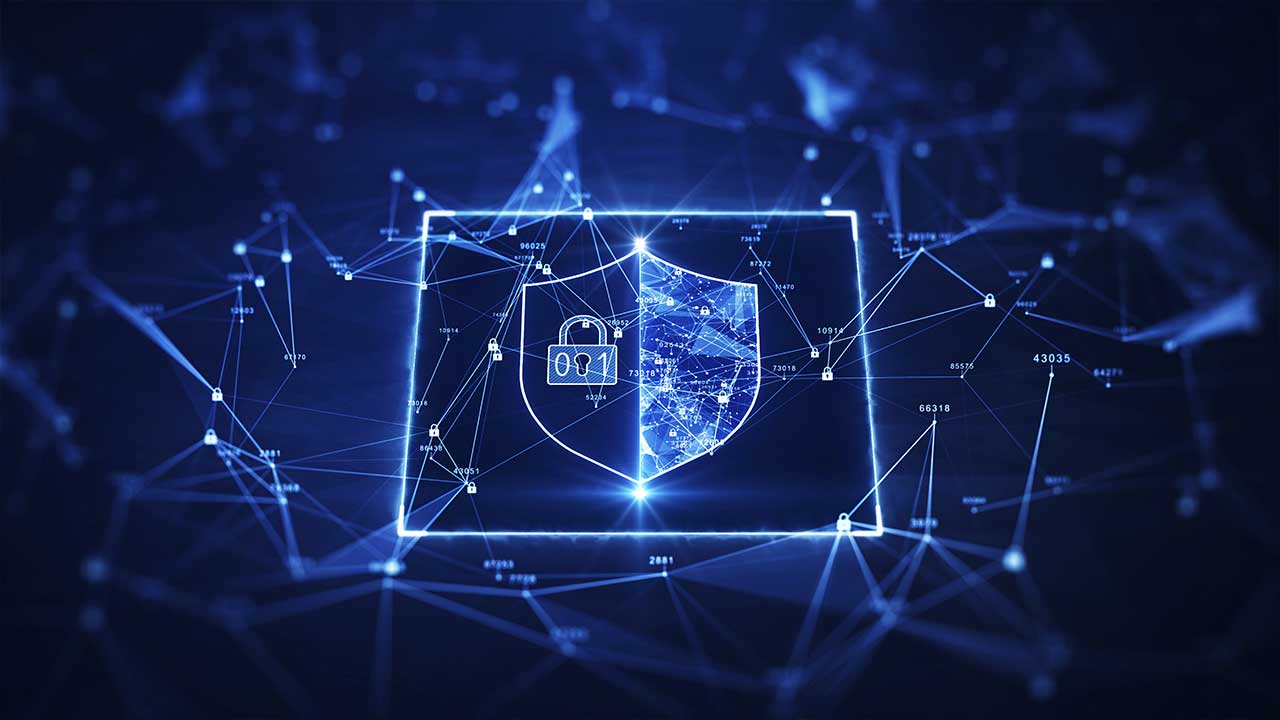Industrial IoT: Security Challenges and Expectations
Companies in manufacturing and transportation-related industries have significantly benefited from the integration of industrial IoT technologies (IIoT). Past insurmountable technical challenges have been eliminated with ease since IIoT platforms have come into widespread use especially in Industrial Internet of Things security.
For example, a water treatment company can benefit from predictive maintenance by installing sensors on their equipment. The sensors collect and analyze performance data and indicate when potential risks arise – thus helping the company to predict maintenance issues and operate more efficiently.
Despite the evident material gains to be had from increased digital connectivity, IIoT deployment does come with a set of Iot security challenges and risks. As the number of connected instruments and cloud networks increases within each organization, the attack surface for data breaches or ransomware becomes greater than ever before. Gartner predicted that over 50% of IoT device manufacturers would be unable to address weak authentication practices by 2018 – and judging by market conditions, they appear to be correct.
Addressing IoT security vulnerabilities
IoT manufacturers need to take stock of the cybersecurity challenges at play for businesses to understand how they differ from consumer applications. They should ensure an integrated network will not be compromised with consistent data breaches. Since a vast majority of CEOs and CIOs expect major cybercriminal threats to increase through the use of IIoT, the onus is on manufacturers to exceed expectations.
To promote industry-wide standards, the World Economic Forum (WEF) has put together an insightful study on IIoT safety and security best practices. Here are four IoT security challenges mentioned in the study that manufacturers must grapple with.
IoT Security challenges and vulnerabilities:
Follow Strict Software Development Lifecycles
One of the most significant problems is when integrity legacy software with IIoT platforms is a lack of maintenance. While testing legacy software is one challenge, it is imperative that IIoT devices (and associated software) are tested rigorously throughout their lifespan. Methodologies should include “unit, system, acceptance, regression testing and threat modeling, along with maintaining an inventory of the source for any third party/open source code and components utilized.”
Risk Assessment Modules
As more devices connect to a shared network, it becomes harder for IT teams to identify risks. As the WEF suggest, IIoT deployment teams must build modules that define all the digital and physical assets that need protection. They also need to better collect data on potential threats.
Hardware Integrity
The configuration of hardware components is a vastly unregulated sphere that requires close attention when building out an IIoT system. It all comes down to endpoint security, namely, preventing unauthorized access to users who make uncontrolled changes to the hardware.
Encryption
Another primary task for an IIoT deployment team is meeting encryption standards. Every interaction with the system (from any device) must go through generally accepted cryptography protocols. The volume of personal information being shared every day across the network will only rise in the years to come – making encryption one of the most critical measures from a privacy perspective.
Conclusion
To be cyber resilient, IoT manufactures need to spend more time on security measures in the product development stage. Products that come with reliable endpoint protection and detailed monitoring infrastructure are well placed to meet the security challenges of IIoT this year.
Further reading: Top cybersecurity challenges in the healthcare industry
Originally this article was posted here.
 This article was written by Roland Atoui, Managing Director & Founder of Red Alert Labs, expert in Information Security and Certification with more than 10 years of experience in the industry. From smart cards to smart phones to smart manufacturing, Roland is a new technology enthusiast with a current mission to bring trust to the Internet of Things.
This article was written by Roland Atoui, Managing Director & Founder of Red Alert Labs, expert in Information Security and Certification with more than 10 years of experience in the industry. From smart cards to smart phones to smart manufacturing, Roland is a new technology enthusiast with a current mission to bring trust to the Internet of Things.



